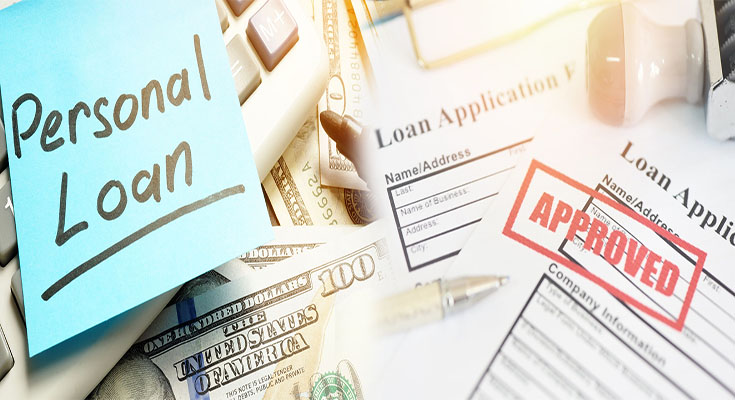When your household finances are under pressure, you can turn to a personal loan to help cover unforeseen expenses. These types of loans can be used for everything from paying medical bills to upgrading your home appliances.
Lenders look at your credit history and payment history when deciding whether to approve your application. They also consider your debt-to-income ratio, which measures the amount of your monthly debt payments compared to your income.
Budgeting
Budgeting is a process where you create a plan to track your income and expenses. It’s a good way to ensure that you have enough money to meet your monthly bills and spend on the things that matter most.
Using a spreadsheet or a financial app like Mint, PocketGuard or other similar tools can help keep your spending organized. The key is to make sure you include all your major expenses, including fixed (regular monthly payments like mortgage or rent) and variable expenses such as groceries, gas, entertainment and credit card and personal loan repayments.
The best part is that you will be able to see where you can make cuts and save for bigger goals in the future. A well-designed budget will also help you avoid costly debt and make the most of your household finances.
Taxes
Taxes are a form of revenue that governments raise in order to pay for public works, services and infrastructure. These include roads, education, social safety nets, legal systems, healthcare, military, scientific research & development, culture and the arts, and public insurance.
Some people argue that taxes are a necessary part of government and that they improve the economic efficiency of a country. However, others believe that taxes are a waste of money and a burden on citizens.
One of the main reasons why taxes are controversial is because they take money from citizens and force them to spend it on things that they don’t want or need.
Taxes are also time-consuming, requiring citizens to fill out lengthy forms and pay fees.
Savings
Having savings in your emergency fund, especially for unexpected medical expenses and car repairs, can help keep you financially stable. In addition, they can be used for home improvement or debt consolidation if you have credit card debt that has become a problem.
Savings can also be a way to boost your credit score and improve your financial situation. Some lenders offer perks like zero fees and autopay discounts to help you save money over the life of your loan.
Although a personal loan is a useful tool to pay for major purchases, it should only be used when your finances are under control. If you are struggling to make your monthly payments or have high-interest credit card debt, a personal loan may not be the right choice for you.
Credit cards
Credit cards are an important tool for consumers, offering convenience and consumer protections. They also help build credit, if used wisely.
While credit cards offer a wide range of benefits, they can also become costly and a distraction from other priorities in household finances. The most important thing to keep in mind is to pay off your balance in full each month.
Credit card revolving debt relative to income is higher for lower-income families than higher-income ones, and is more pronounced among non-union households,
minority families, young families and single women. However, this is a trend that appears to have stopped recently.
Insurance
Insurance is a type of contract in which an insurer indemnifies another person against losses from specific contingencies or perils. It can be a vital source of protection for a family and is often an essential part of household finances.
Insurance can be costly and, therefore, should only be considered if it makes sense to do so. The extra cost, which may be added to your loan amount and accrue interest, should be weighed against your budget.
Credit insurance policies help protect your loan payments if you lose your job, become disabled or pass away. They also cover other situations, such as involuntary unemployment. However, these policies do not typically pay off your entire loan balance, and they may limit how many months you can benefit from them.





